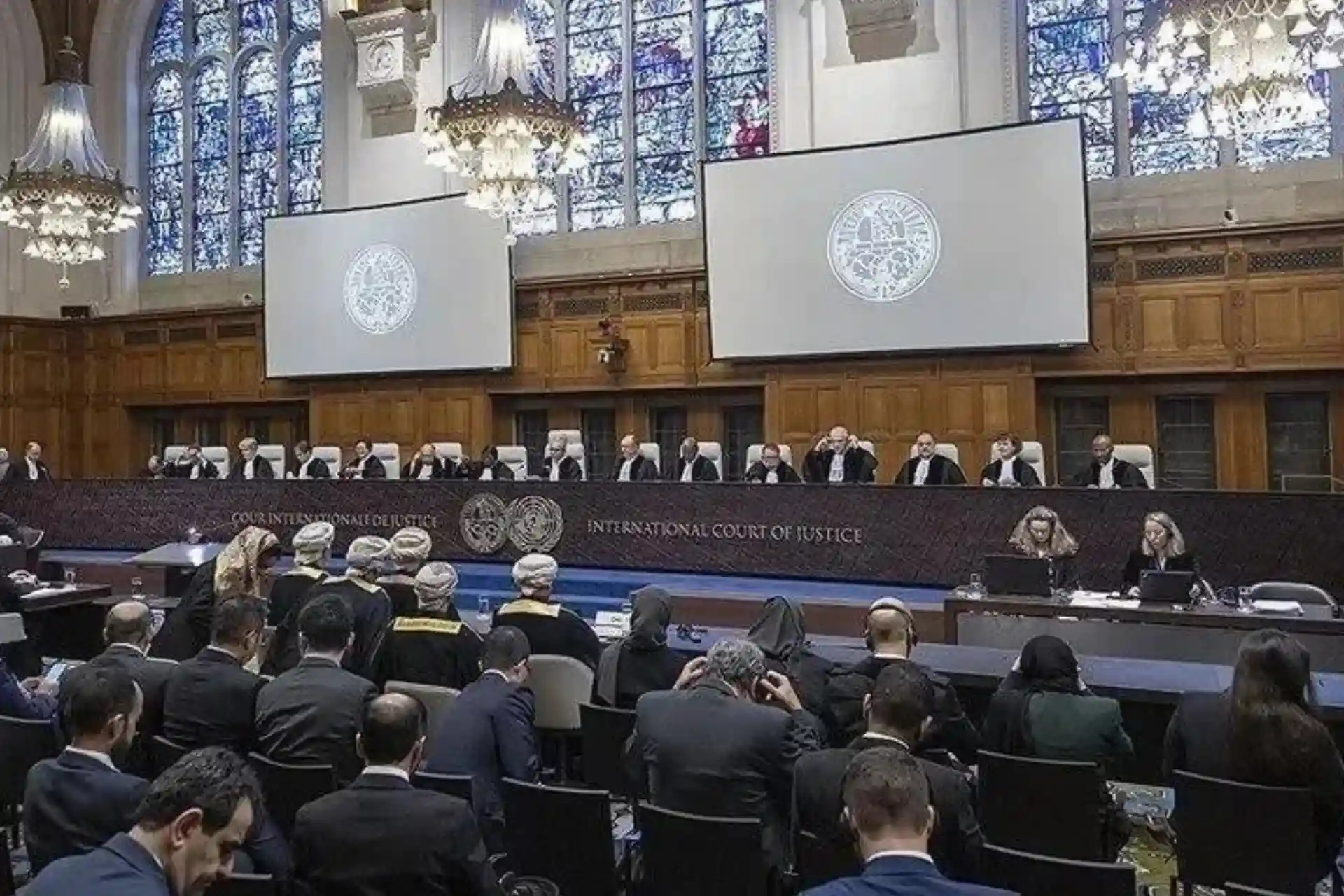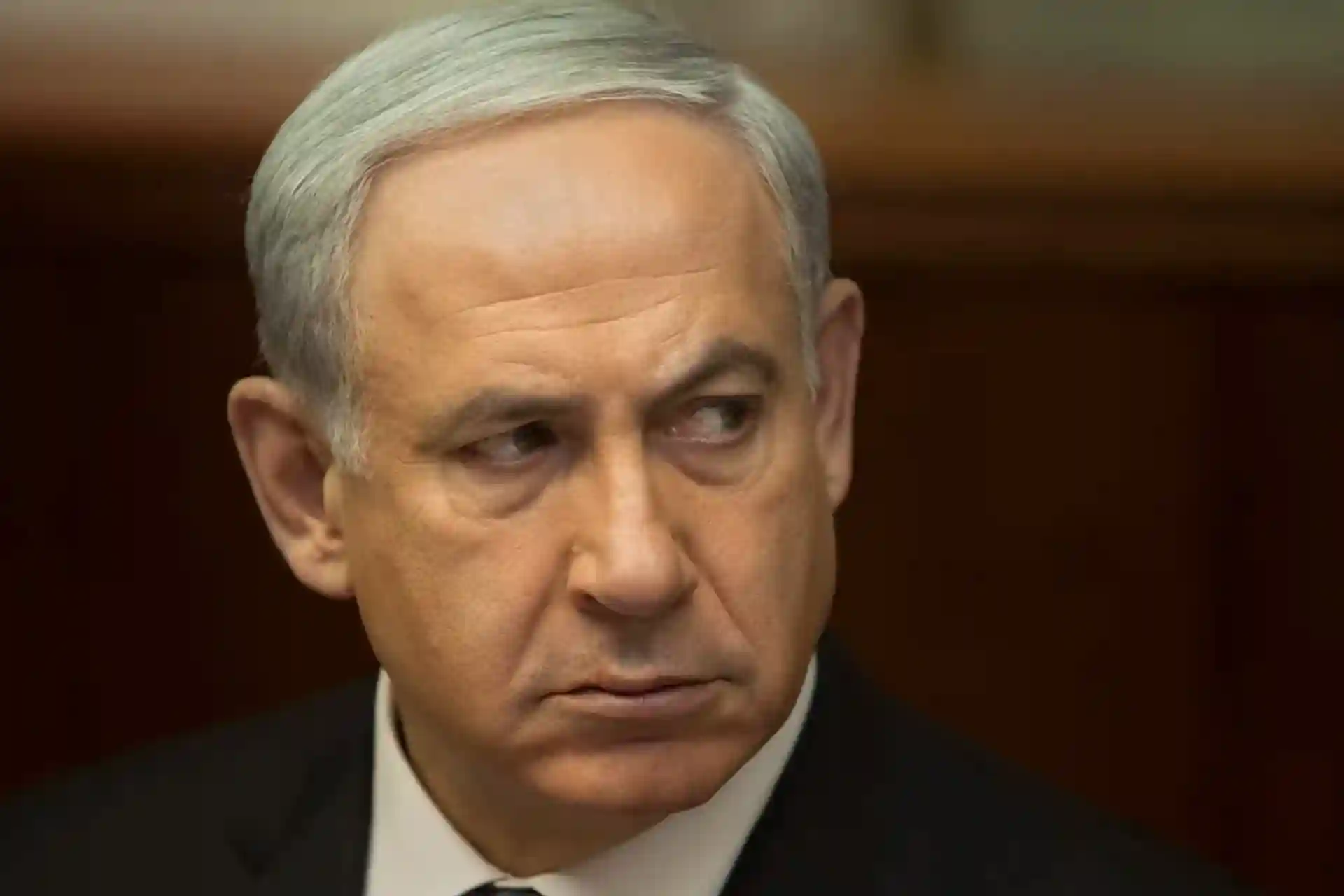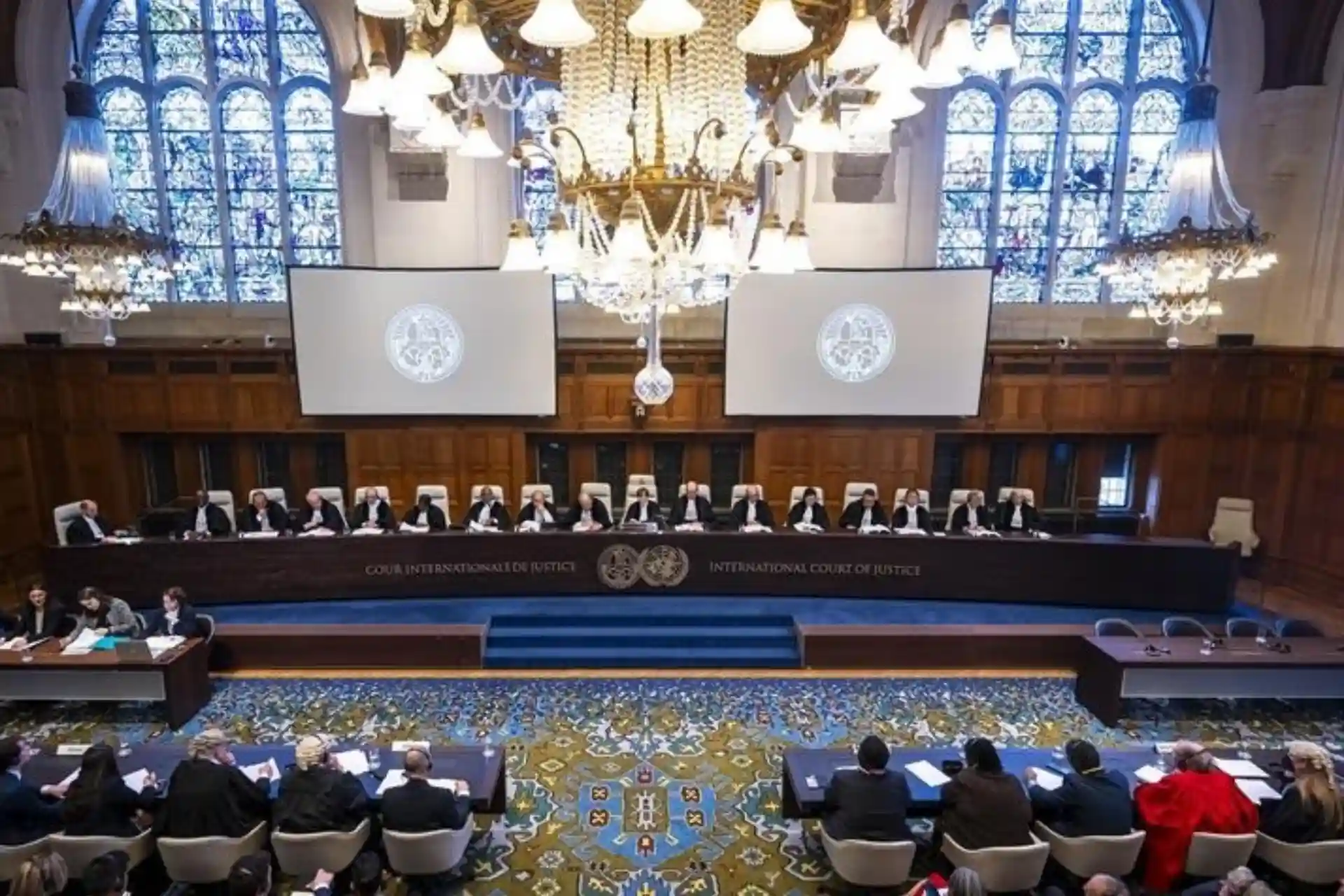The International Court of Justice has ordered Israel to ensure the unhindered delivery of humanitarian aid to Gaza
The UN International Court of Justice ordered Israel to ensure the unimpeded delivery of humanitarian aid to Gaza and not to violate the rights of Palestinians. The International Court of Justice considers that the situation in Gaza has worsened since the ban on January 26, 2024, which requires new measures.
The UN International Court of Justice (ICJ) has ordered Israel to ensure the unhindered delivery of humanitarian aid to Gaza and not to violate the rights of Palestinians, Anadolu reports.
The International Court of Justice announced in a written statement that it decided on new measures within the framework of the genocide case opened by the Republic of South Africa against Israel.
In its ruling, the ICJ ordered the Israeli military not to violate the rights of Palestinians, a "protected group" under the Genocide Convention, including preventing the delivery of much-needed humanitarian aid to Gaza.
Famine in Gaza
The ICJ considers that the situation in Gaza has worsened since the ban imposed on January 26, 2024, which calls for new measures.
The court decision noted that since January 26, 2024, "the living conditions of the Palestinians in the Gaza Strip have deteriorated catastrophically, including the fact that their food and other basic needs are not being met for a long time and on a large scale, and the danger of famine has gone beyond the limits."
The court confirmed the legality of the order issued on January 26 and called for "the immediate and effective implementation of measures applicable to the entire Gaza Strip, including Rafah."
Delivery of humanitarian aid to Gaza
The court ordered three new measures "in response to the deteriorating living conditions of Palestinians in Gaza, particularly the spread of hunger and starvation."
According to it, the ICJ ordered Israel to "provide, in full cooperation with the UN, basic services and humanitarian assistance urgently needed by all concerned, including food, water, electricity, fuel, shelter, clothing, hygiene, medicine and medical supplies." ordered that all necessary and effective measures be taken immediately to ensure the unimpeded delivery of aid, and that the capacity and number of land crossings should be increased and kept open for as long as necessary."
Notably, the court's first measure passed unanimously, including the approval of the interim judge appointed by Israel.
The court demanded that the rights of Palestinians not be violated
As a second measure, the court ordered the Israeli military not to violate the rights of Palestinians in Gaza protected by the Genocide Convention in any way, including preventing the delivery of humanitarian aid to Gaza.
As part of the third measure, the Court ordered Israel to submit a report within one month on the measures it had taken in response to the additional measures.
The second additional measure was opposed by Ugandan Judge Julia Sebutinde and Israeli Associate Judge Aharon Barak, with only Israeli Barak voting against the latter measure.
The court said it could not rule on South Africa's requested cease-fire measures because "the decision would not be binding on third parties," referring to Hamas.
South Africa asks the International Court of Justice for new bans against Israel
On March 6, South Africa asked the International Court of Justice to take new measures regarding the hunger of Gazans.
South Africa asked the International Court of Justice to take additional measures "to ensure the immediate safety of the 2.3 million Palestinians in Gaza, including more than 1 million children." South Africa immediately asked the court to modify the six measures it had taken against Israel on January 26 and/or immediately decide on new measures.
In its preliminary ruling, published on January 26, the International Court of Justice ordered Israel to take all necessary measures to end the acts listed in Article 2 of the Genocide Convention. It also instructed Israel to take measures to eliminate, restrain and punish all those who called for genocide against Palestinians in Gaza.
It also ordered Israel to take effective measures to prevent and preserve evidence of violations of the Genocide Convention against Palestinians in Gaza , and to report to the court on those measures.



